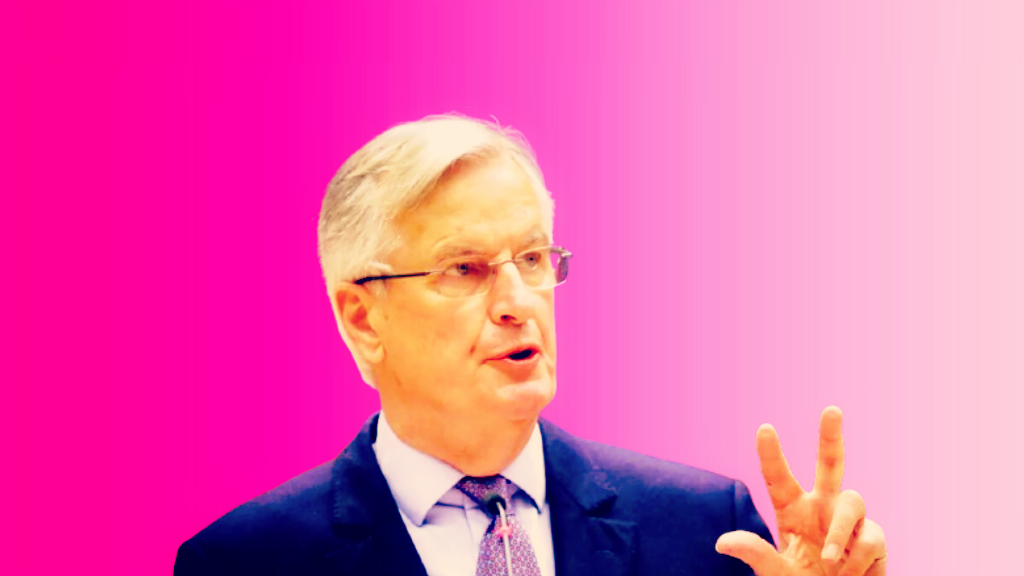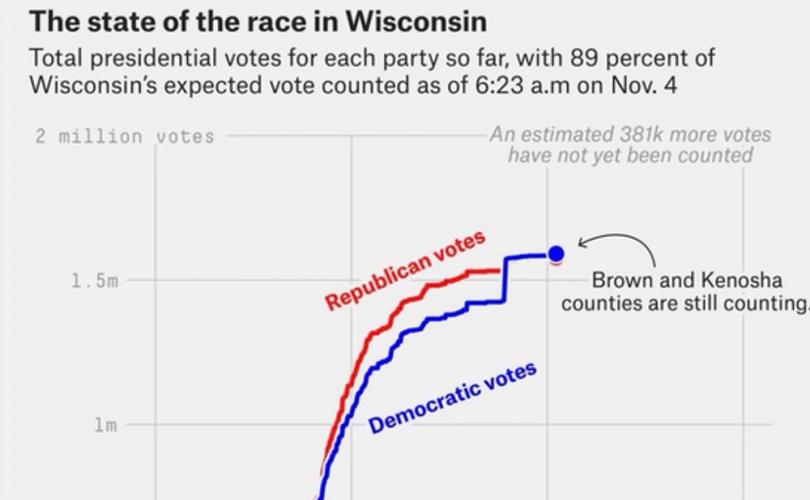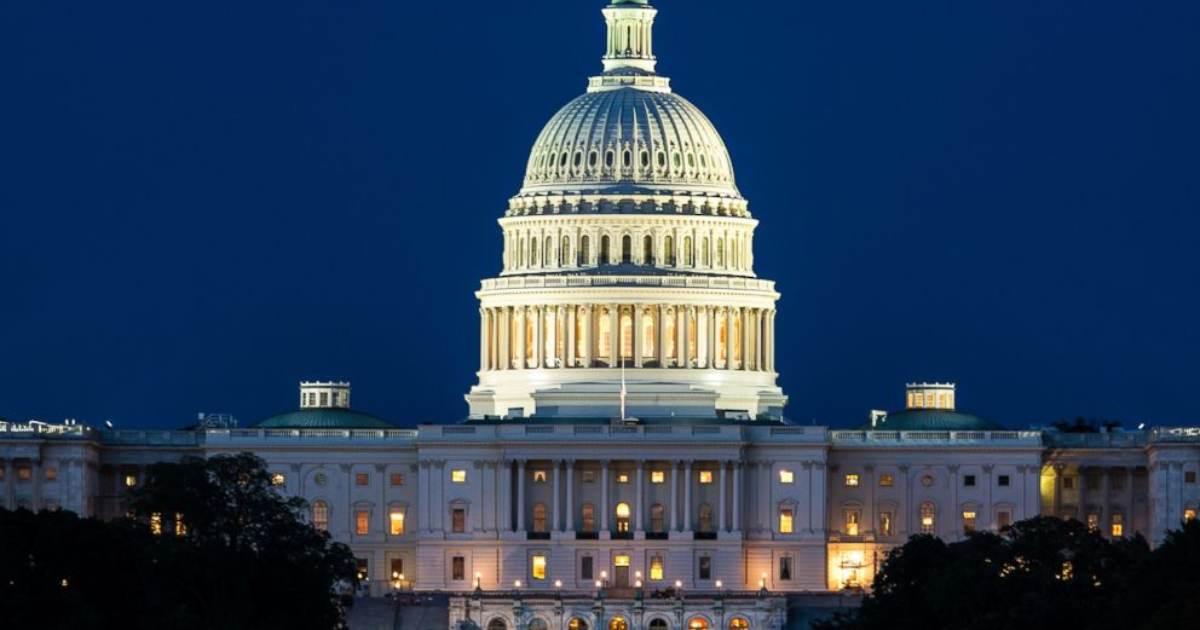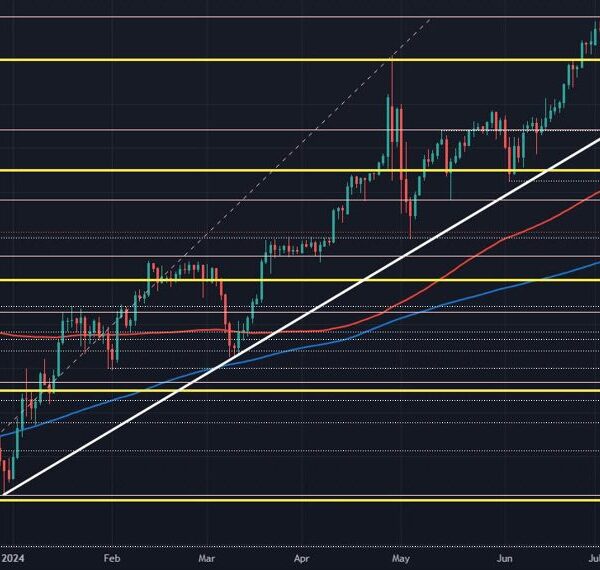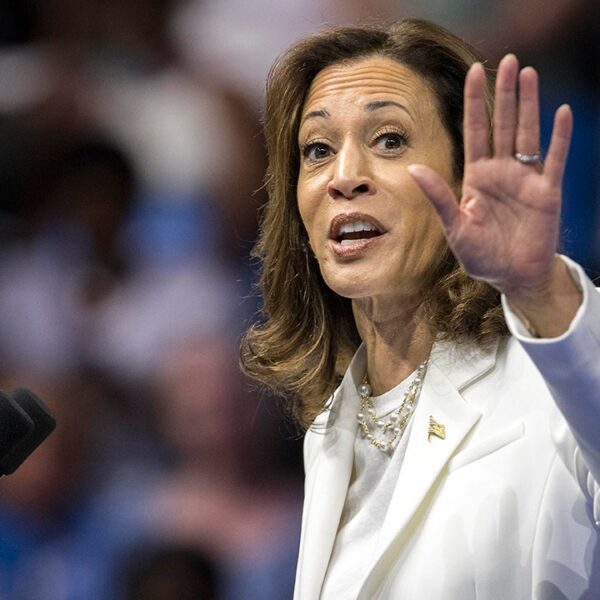
After two months of uncertainty and chaos in the French political system, President Emmanuel Macron has finally chosen a new Prime Minister, appointing Michel Barnier, EU’s former Brexit negotiator, as the country’s new premier.
Barnier is – unsurprisingly – a devoted pro-European. While he has made a career as a moderate, he later toughened his discourse, saying immigration was ‘out of control.’
Barnier has served as a lawmaker since he was 27, and also as foreign minister and agriculture minister.
During the last 15 years, he has been working at the EU headquarters in Brussels.
Macron has tasked Barnier with unifying France and ending its political paralysis.
Reuters reported:
“The discreet, conservative politician will have the daunting challenge of trying to push reforms, and the 2025 budget, through a bitterly divided parliament, under the constant threat of a vote of no confidence.”


After joining forces with Macron to keep Marine Le Pen’s RN party from power, the left now feels betrayed by him, and are making it clear that they would be hard-line oppositionists.
“‘The election was stolen from the French people’, hard-left leader Jean-Luc Melenchon said, calling for street protests on Saturday. Another hard-left lawmaker, Mathilde Panot, called it an ‘unacceptable democratic coup’.”
The success of Barnier will, in great measure, depend on the National Rally (RN), which is parliament’s biggest single party.
RN has indicated it would not block Barnier ‘for now’, but is threatening to do so later – unless a range of demands are met.
“‘We will plead for the major emergencies of the French — the cost of living, security, immigration – to finally be addressed, and we reserve all political means of action if this is not the case in the coming weeks’, RN leader Jordan Bardella said.”
The French market has reacted positively: bank shares edged up, government borrowing costs fell slightly and the euro nudged higher.
“Barnier’s political views are overall close to Macron’s, and it was crucial for the French president that his new prime minister not try to undo reforms pushed through over the past years, in particular pension changes that angered the left. It remains unclear if Barnier will fully try to implement Macron’s political agenda or bring in new proposals. He will need in any case to negotiate with other parties to get legislation adopted in parliament.
RN lawmaker Laurent Jacobelli said a condition for not voting Barnier down would be that parliament be dissolved as soon as possible – which would be early July next year. Barnier should also signal support for a change to proportional representation to replace France’s system of two-round voting for single constituencies, he said.”
Read more:

